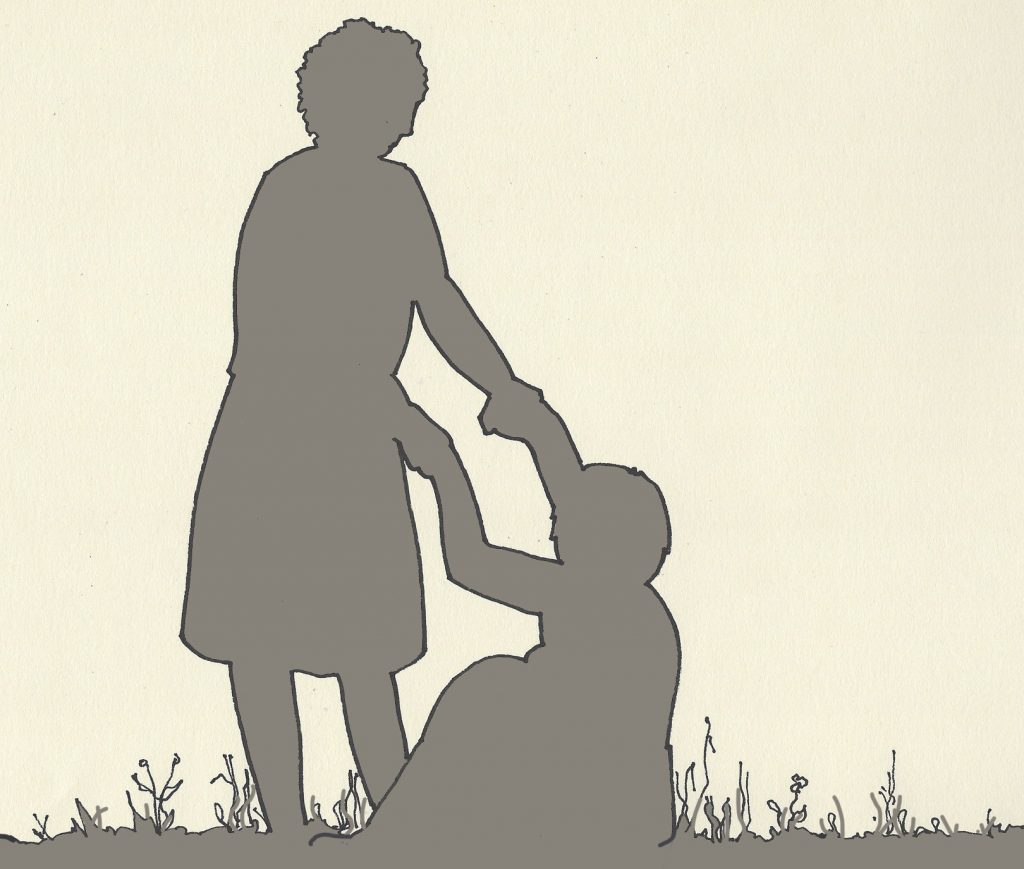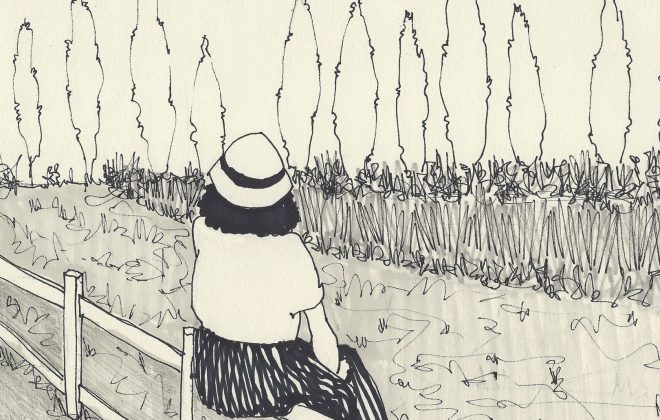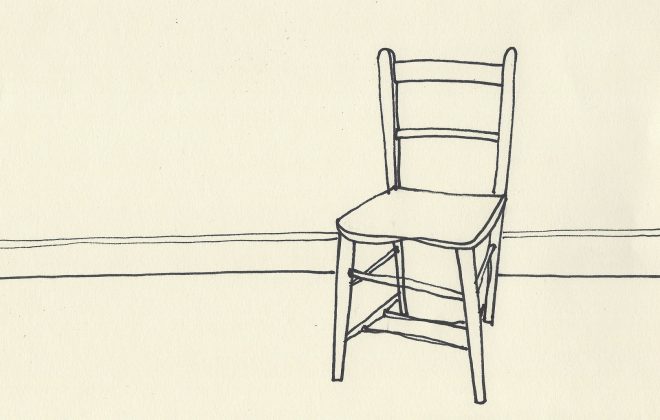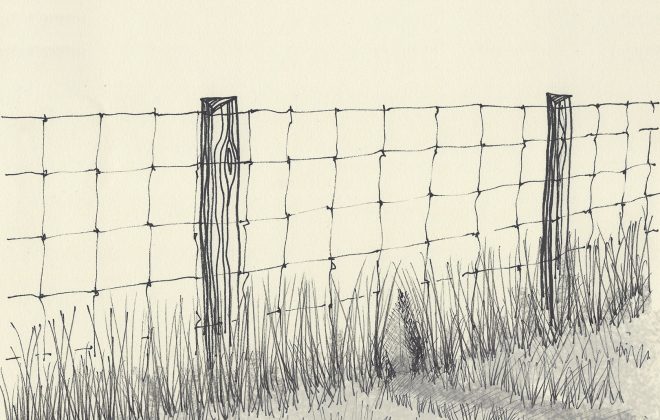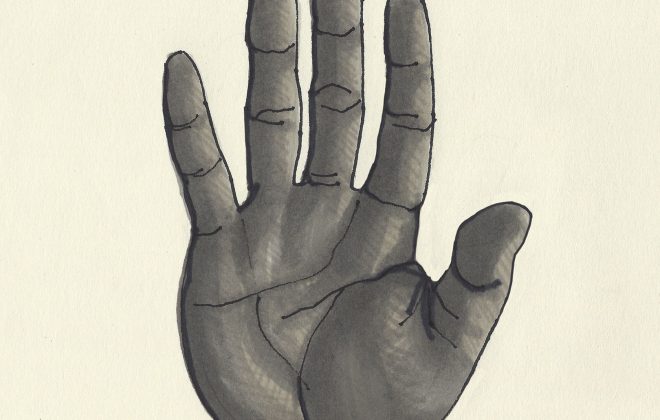It was all my fault
A few years ago, I got an email from an anaesthetist. We had met at a workshop. We had talked about how people can be silenced when involved in an incident; when things do not go well. The anaesthetist, who I will call Jane, said she had been involved in something awful and that she could not talk about it at the workshop. Could we meet? I agreed and we had two conversations, each about ninety minutes.
The first meeting was like a rough pencil sketch of three scenes. It was not a complete picture but a necessary testing of my reliability. Did I want to hear the full story and if I did would I get judgmental? I did listen and I did get judgmental.
In the first meetings, she described a patient dying during an emergency operation. The team had struggled to stop the bleeding and to find enough blood to save their patient. Jane1All names changed. painted a picture in my head of blood. A lot of blood. She said that they were working in an unfamiliar theatre and the location and content of the packs containing the extra blood products had been changed. A change she later realised the team had been alerted to via email. An email that ‘sat’ in an inbox of hundreds.
During the second meeting, she said she realized she had not said really what was so awful about this incident. As an experienced doctor, she was used to blood and people dying despite your best efforts. No, the trauma was triggered as she came out of theatre. She had bumped into a senior colleague, Carole. Jane had begun to describe to her what had just gone on. I imagined her standing quietly, in blood-covered scrubs turning to a colleague for help. Not full-blown trauma counselling, but a few kind words that would ‘hold’ her as she recovered her poise. She was silenced by Carole’s response: ‘They would have died anyway’. This was probably accurate. The patient was gravely ill. Yet, this comment, in a conversation of no more than a few minutes, silenced this highly trained, experienced and expensive to employ professional. This was not a short-term loss of voice. It prevented Jane from working for some months.
Leadership, suffering and denial
I do not think Carole intended to refuse to listen. It was a lapse in leadership. Working in an organisation and role where one is routinely faced with death, pain and suffering; the exceptional becomes normalised, and there was something about this moment, perhaps an unrecognised identification with an elderly patient, that pierced Jane’s professionals ‘skin’. A skin usually tough enough to help her do her job skillfully and compassionately and go home at the end of the day and be part of a family.
Carole also may have been having a difficult day. Perhaps this is why she failed to notice that things were not as she assumed. This was not a colleague having a bad moment, best handled by saying that nothing significant had happened; as if Jane was making an error of perception. It was Jane’s attempt to say this is a crisis, my normal threshold for managing this sort of thing has been breached. Help.
Carole had lapsed into denial. She did not take a moment to listen. She privileged her understanding of what was going on and based her response on this understanding. Most times this gap between what we assume and what is actually going on does not cause significant harm. However, it is worth holding in mind that denial is purposeful.
‘Denial in the sense of shutting out the awareness of other’s suffering – is the normal state of affairs. This is precisely why so much effort has to be devoted to breaking out of this frame. Far from being pushed into accepting reality, people have to be dragged out of reality’ (Cohen, 2001, p.2472Cohen, S. (2001) States of denial. Knowing about atrocities and suffering. Cambridge, Polity.).
Denial by its nature is hard to notice in action. But this is what is required where the work is hard and patients may not recover. We need to keep in mind we can unintentionally and quickly silence people, and this has consequences for their wellbeing and professional skills.
Cohen (2001) argues denial can be:
- literal (nothing happened here, it’s not happening);
- interpretive (a different meaning is applied to the raw facts); and
- ‘implicatory’ (the consequences of what is going on are minimized or denied).
Denial can also be expressed in three ways. As a private view; as the official line; and as a cultural norm.
Carole spoke privately. It was an informal conversation. She conveyed her sense that nothing abnormal was going on. Carole was also the designated leader. Her words carried the weight of her status and title in the department. Carole was telling Jane how she should be thinking. Her words conveyed and reinforced the norms of the department and wider service. This is what we talk about around here and what we do not.
The conversation with Jane was a reminder of how hard it is to stay alert and notice when a colleague looks upset or has been struck dumb with grief. Hard because I may not be able to cope, hard because the work requires of us a capacity to contain feelings. That said, if you accept a leadership role you assume responsibility for how we are going to look after each other when the work breaches our defences and leaves us flooded with emotion. Will I avoid you or treat you as weak? Or, will I do my job, face my anxiety, and stop, wait and listen? What Jane (and Carole) taught me, apart from poise in the face of adversity, was if you can silence someone in a few minutes what can you do in that time that might be helpful?
Notes
[1] All names changed.
[2] Cohen, S. (2001) States of denial. Knowing about atrocities and suffering. Cambridge, Polity.
Download this story here. But please acknowledge the source.
